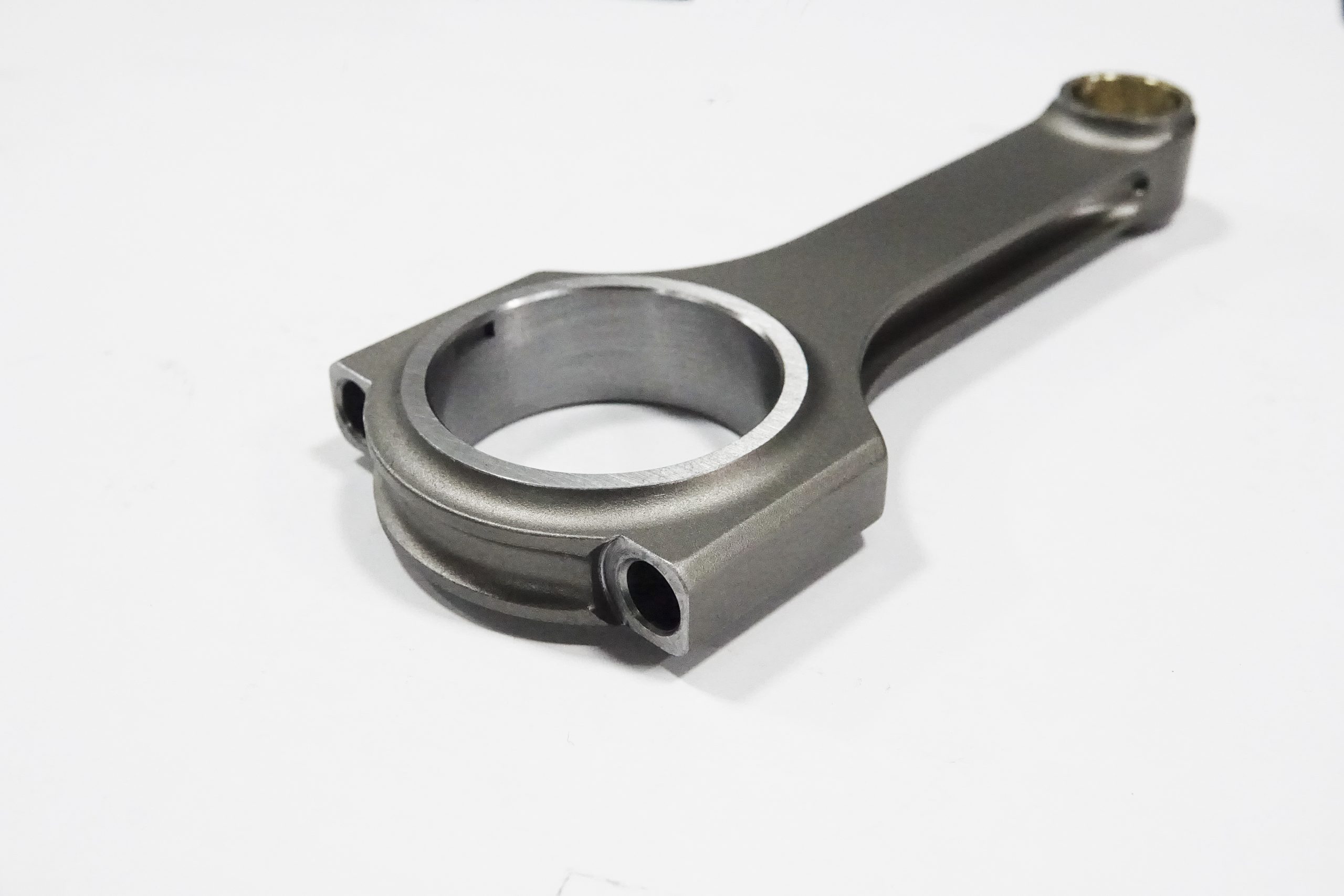The 6.0 LS connecting rods play a pivotal role in the performance and reliability of the widely-used 6.0-liter LS engine. Connecting rods link the pistons to the crankshaft, converting the linear motion of the pistons into the rotational motion that drives the vehicle. When it comes to upgrading or rebuilding your 6.0 LS engine, choosing the right connecting rods can have a significant impact on your engine’s capabilities. This article will explore the essential factors to consider when selecting 6.0 LS connecting rods and provide tips for proper installation and maintenance.
Material selection is a crucial consideration when choosing 6.0 LS connecting rods. Stock connecting rods in a 6.0 LS engine are often made from powdered metal, which provides adequate strength for most applications. However, if you plan to increase your engine’s power output or use it in high-performance situations, upgrading to more robust materials like forged steel or billet aluminum may be necessary to handle the added stress.
The design of 6.0 LS connecting rods is another key factor. The most common designs are I-beam and H-beam, each with unique benefits. I-beam connecting rods are lightweight and offer excellent resistance to bending forces, making them suitable for many street and mild performance applications. Conversely, H-beam connecting rods provide increased strength and rigidity, making them ideal for high-horsepower and racing applications.
Bolt quality is an essential aspect of choosing 6.0 LS connecting rods. Connecting rod bolts are subjected to extreme stress during engine operation, and it is crucial that they withstand these forces without failure. Opt for connecting rods that use high-quality fasteners from reputable manufacturers to ensure superior clamping force and reliability.
Proper installation is critical for 6.0 LS connecting rods. Always adhere to the manufacturer’s torque specifications and use a calibrated torque wrench for a secure connection. Applying a quality lubricant to the connecting rod bolts and threads reduces friction and allows for accurate torque readings. Additionally, ensure correct alignment of the bearing shells and proper seating of the wrist pin in the piston and connecting rod.
Regular maintenance is key to maintaining the performance and longevity of your 6.0 LS connecting rods. Follow a routine maintenance schedule, inspecting the connecting rods for signs of wear or damage. Address any engine-related concerns promptly to prevent potential issues from escalating into costly failures.
In conclusion, understanding the importance of 6.0 LS connecting rods and the factors to consider when selecting them is vital for optimizing your LS engine’s performance and longevity. By choosing the right connecting rods, following proper installation procedures, and maintaining your engine diligently, you can unleash the full power and potential of your 6.0 LS engine.
